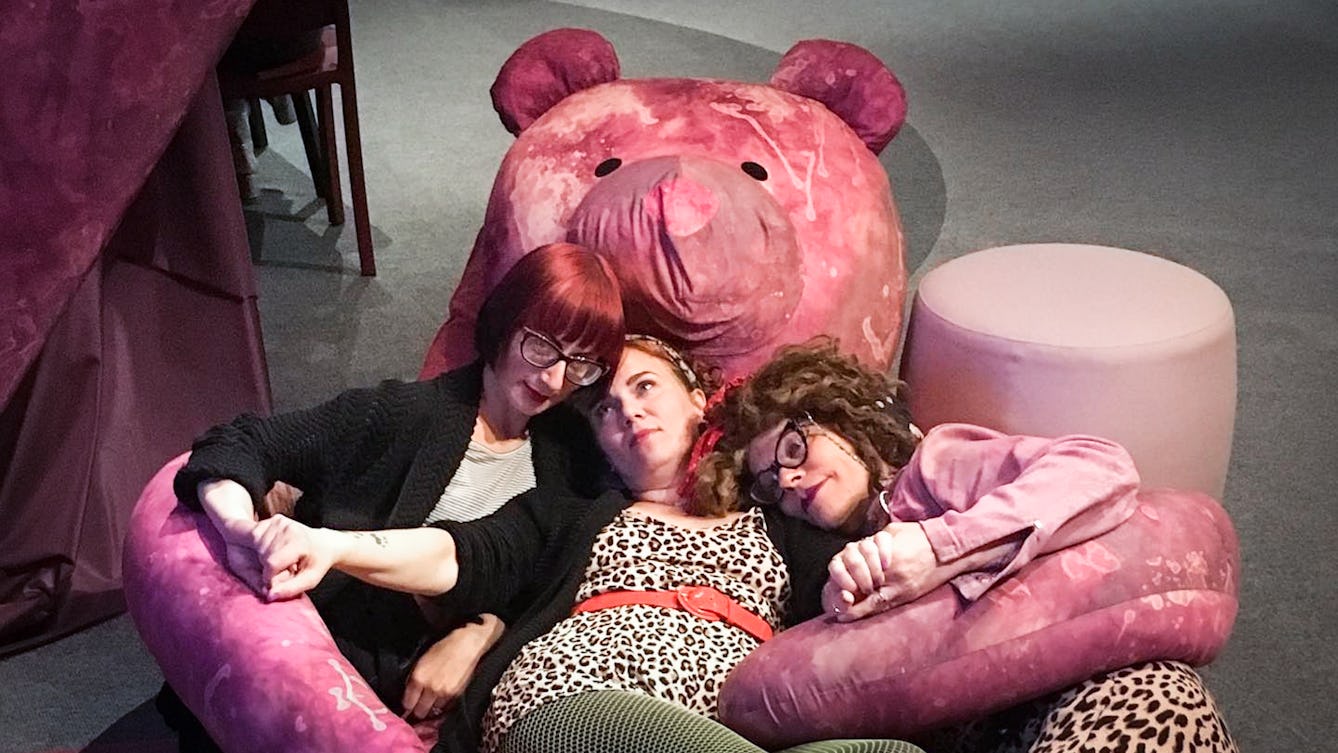What you’ll do
Artist Amanda Millis poses the question “How can we find health?” Taking place within ‘Misbehaving Bodies’, Millis’s performance brings together community self-care activities within the gallery space. The performance also highlights the difficulty of finding time for leisure and self-care in the increasingly laborious individualisation of our healthcare system.
This participatory event includes one-to-one conversations with the artist and the support to use gravity blankets, foam rollers, yoga mats and hand-therapy tools. Millis offers the time and space to enact care and health. This performance will also be supported by artist Farrah Riley Gray.

